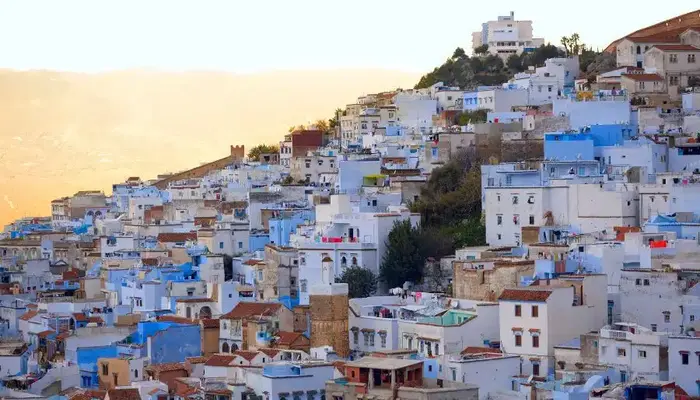On Saturday, 7 June, Muslims across Morocco marked Eid al-Adha without the traditional animal sacrifice. This decision, highly unusual in a Muslim-majority country, came under a royal directive issued earlier this year.
Eid al-Adha, also known as the Festival of Sacrifice, is one of Islam’s holiest celebrations. It commemorates the willingness of Prophet Ibrahim (peace be upon him) to sacrifice his son in obedience to Allah’s command. The ritual sacrifice of livestock, such as sheep, goats, or cows, is a core part of the observance.
However, in Morocco, that tradition was paused this year. The government cited worsening economic conditions, a sharp rise in livestock prices, and a six-year drought that has severely impacted agriculture.
Royal Directive in February
The decision to forgo animal sacrifice was first announced on 26 February 2025. In a televised message, Morocco’s Minister of Islamic Affairs, Ahmed Toufiq, read a letter from King Mohammed VI on the state-run Al Aoula TV channel.
The monarch, who also holds the title of the highest religious authority in the country, asked citizens to abstain from slaughtering sheep during Eid.
“Performing it in these difficult circumstances will cause real harm to large segments of our people, especially those with limited income,” the king stated in the letter, as reported by The Guardian.
The king assured the public that he would personally carry out the animal sacrifice on behalf of all Moroccans. This gesture aims to preserve the spiritual significance of Eid while easing the financial burden on families.
Economic Hardship and Climate Crisis
Morocco is facing a multi-layered crisis. A prolonged six-year drought has devastated crops and reduced livestock numbers. As a result, the prices of animals surged ahead of Eid, making them unaffordable for many families.
The economic fallout from climate change, coupled with inflation and food insecurity, has forced the government to reconsider how religious practices are carried out during such trying times.
Read: Trump-Musk Feud Escalates After Explosive Comments Over Spending Bill, Epstein Allegations
Analysts say the royal directive reflects growing concerns about sustainability and social equity. While Morocco has maintained strong Islamic traditions, the leadership has shown flexibility in adapting to modern challenges without undermining religious values.
A Devout Nation Adjusts
Morocco is a deeply religious country, with over 99% of its population identifying as Muslim. The Moroccan constitution recognizes Islam as the state religion. Eid al-Adha is normally celebrated with great enthusiasm, especially in rural areas where livestock plays a central role in both the economy and the festival.
This year, Moroccans observed Eid with prayers, family gatherings, and community meals — but without the sound of livestock or the scent of meat being cooked in every neighborhood.
Morocco also marked Eid on Saturday, 7 June — one day later than Saudi Arabia and several other countries, who observed it on 6 June.
Despite the absence of the traditional sacrifice, the spirit of Eid remained strong in Moroccan homes. Many citizens expressed gratitude for the king’s decision, saying it spared low-income families from added pressure during a financially difficult time.
